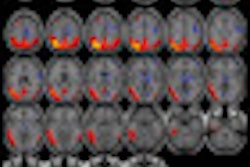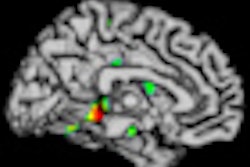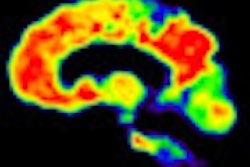The U.S. Food and Drug Administration (FDA) on February 7 issued a proposal designed to assist companies that are developing new treatments for patients in the early stages of Alzheimer's disease, before the onset of overt dementia.
The draft guidance, titled "Guidance for Industry, Alzheimer's Disease: Developing Drugs for the Treatment of Early Stage Disease," is designed to detail how researchers can identify and select patients with early Alzheimer's disease or those who are at risk of developing the disease for participation in clinical trials.
Dr. Russell Katz, director of the division of neurology products in the FDA's Center for Drug Evaluation and Research, said the draft guidance will help foster continued discussions between the FDA and pharmaceutical sponsors, the academic community, advocacy groups, and the public.
For drugs designed to treat patients with overt dementia, the FDA currently requires that treatments show an effect on abnormal thinking and also on how well patients function.
The agency is seeking public comment on the draft guidance for 60 days. Instructions on how to submit comments are included in a related Federal Register notice, also issued on February 7.
The FDA's announcement comes as researchers from the Rush Institute for Healthy Aging in Chicago estimate that the number of Americans with Alzheimer's disease could reach 13.8 million in 2050.
The study, published online February 6 in Neurology, concluded that there were some 4.7 million individuals ages 65 years or older with Alzheimer's dementia in 2010. Of those people, approximately 700,000 were between 65 and 74 years of age, 2.3 million were between 75 and 84 years, and 1.8 million were 85 years or older.




















